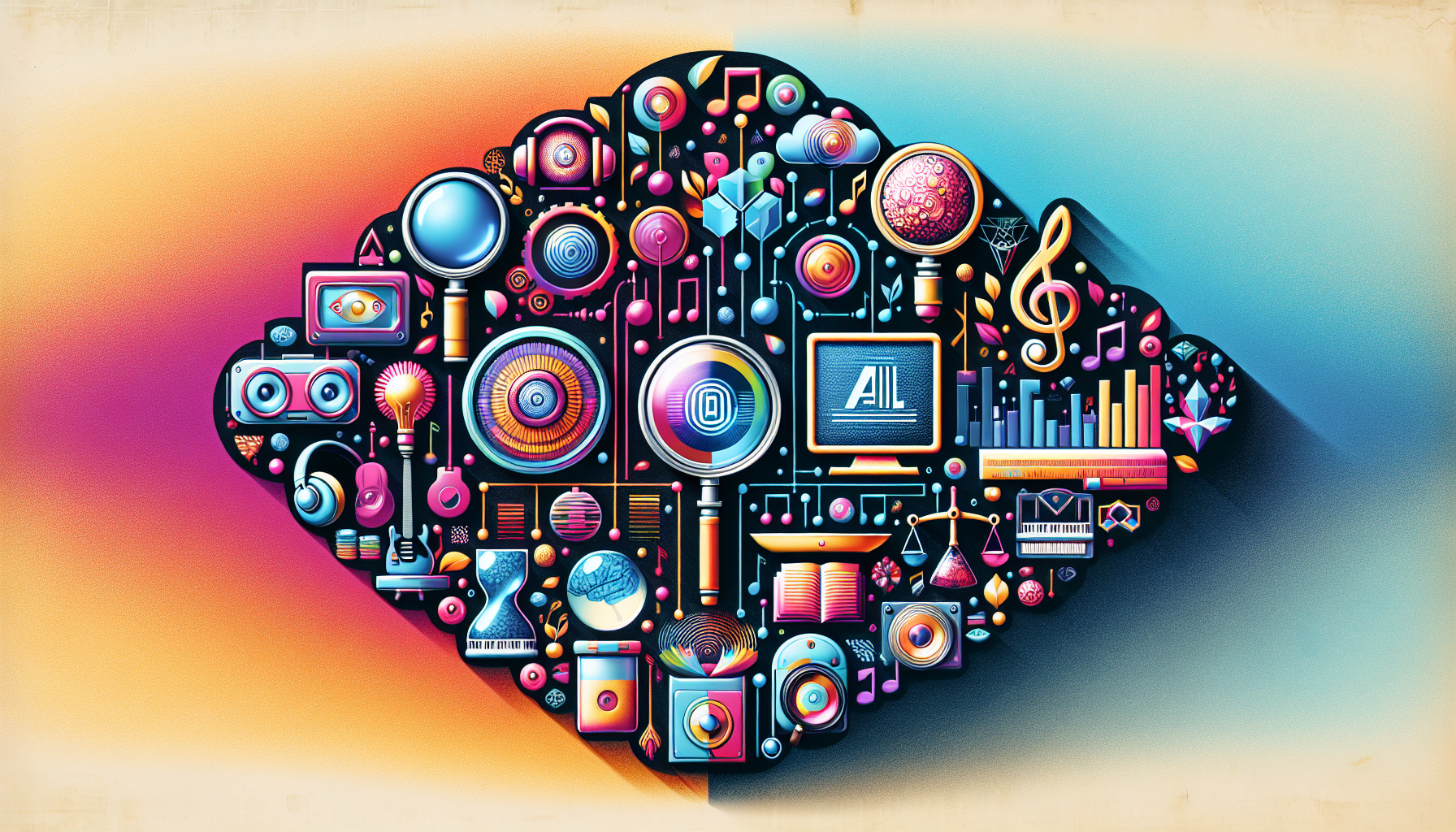
The Evolution of AI in the Music Industry
When the neon lights of an AI-generated concert flicker on, everyone from the tech nerd to the die-hard music lover finds themselves in a conundrum: Are those tunes real, or is it the handiwork of our silicon-brained friends? Thanks to Uhmbrella’s recent breakthrough, separating man from machine is now nearly child’s play. With their AI detection technology, music enthusiasts can unravel the tangled symphony of synthesized sounds with an impressive 97.57% accuracy. Let’s face it, Watson has never been so musical!
But this isn’t just an ‘oh look at what my algorithm can do’ kind of showoff. It’s a game-changer for streaming services, content moderation mavens, and even GenAI platforms, allowing them to surf the swell of copyright compliance without wiping out. By deploying AI detection, companies can ensure their playlist of jam-worthy tracks isn’t just an homage to an angsty robot learning to sing the blues.
Rules, Reactions, and the Road Ahead
And what about the regulatory side of this musical tête-à-tête? Enter the aptly named TRAIN Act, giving copyright holders the perfect tracksuit for a run through the AI training records jungle. This legal symphony sets the stage for transparency, helping determine if those catchy beats have sneakily run off with someone else’s copyrights. Think of it as the law’s way of checking if AI accidentally remixed Beethoven into trap music without a license.
Meanwhile, Spotify’s playing a defending game, keeping its Web API under wraps like the proverbial musicians guarding their songbooks. Developers found themselves in a tiff, igniting a drama that’s bringing more popcorn to the tech fold than a superhero movie crossover. Is it stifling innovation, or just shooing away AI interlopers from chiseling out a competitive concerto?
Elsewhere, Nvidia’s Fugatto is belting out with bells and whistles, literally. It crafts tunes from text prompts — a magical pinch of creativity with potential side effects like reshaping the job orchestra and stirring up copyright cocktails. This tech crescendo is merely a headbang away from the ongoing debate over the impact of AI on traditional music production. Enter the Ircam Amplify’s AI detector and its savvy siblings (like YouTube Content ID, Audible Magic, and AI Radar), here to spotlight unauthorized AI-generated tracks faster than you can say autotune.
Now, as musicians serenade their fans and AI institutions prepare for the future, consumers are busy saying, “Hey, transparency matters!” An overwhelming 89.67% of listeners are waving the banner for clearly labeled AI music, vying for an industry committed to the rightful applause. Seeing Deezer pen its name on the Statement on AI Training means they acknowledge the crescendo of AI’s influence and pledge to honor artistic talent. It’s a brave new world, where algorithms and artistry dance cheek-to-chip, ensuring every note receives the recognition it deserves.






